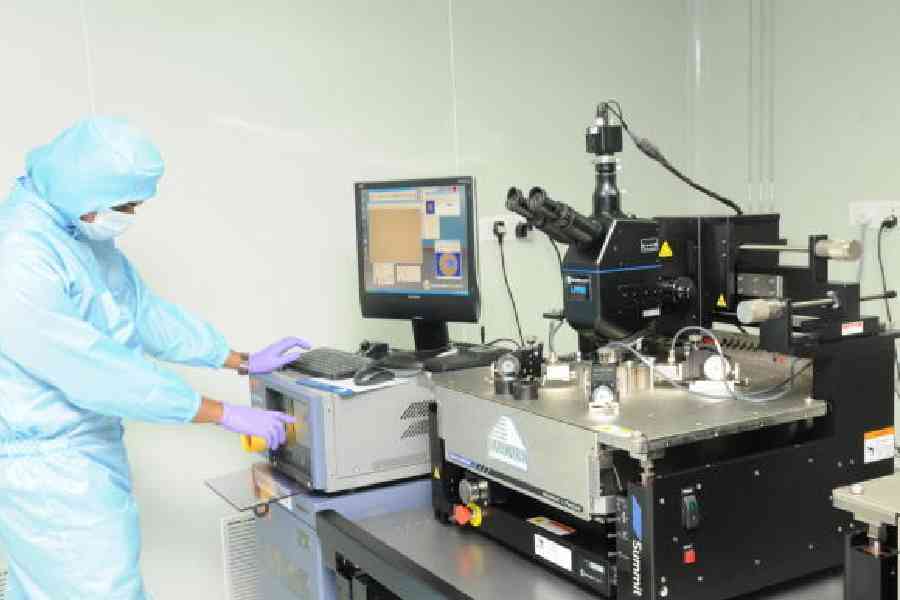Medical researchers have detected what they have described as the first evidence of chronic lung infections by a fungus called aspergillus in Assam’s tea garden population and called for testing to screen patients with respiratory disorders.
Doctors from the Assam Medical College and Hospital, Dibrugarh, who screened a sample of 128 people from four tea gardens located within a 15km radius of the hospital have found chronic pulmonary aspergillosis (CPA) in 17 per cent of the patients who had respiratory symptoms.
They have also found antibodies to aspergillus — indicating a history of infection — in 32 per cent of the patients, most of whom had symptoms of fatigue, tiredness and coughing up blood. In patients with a history of tuberculosis, nearly 48 per cent had antibodies to the fungus.
“The disease is underdiagnosed because of the unavailability of the test (to detect aspergillus infections),” microbiologist Aishwarya Selvasekhar and her colleagues said, reporting their findings earlier this week in the research journal PLOS Neglected Tropical Diseases.
CPA is a chronic lung disease that occurs mainly in people with pre-existing lung cavities, the researchers said. It often occurs in patients with either active TB or who have had a history of TB infection. Many TB cases are treated without microbiological evidence and such cases might be CPA that are misdiagnosed as TB, the researchers have cautioned, calling for the introduction of testing protocols to look for CPA in patients with chronic respiratory illness.
The researchers selected the tea garden population because TB is common among tea garden workers. Assam is a leading tea-producing state with over 800 estates that account for nearly 50 per cent of the country’s tea. More than 170 gardens are located in Dibrugarh district.
Studies on CPA from resource-limited settings have been limited, the researchers said. Patients are either underdiagnosed or diagnosed late only after they experience episodes of coughing large amounts of blood or severe respiratory distress.
The study, albeit limited to populations around four tea gardens, has pointed to an unsually high prevalence of CPA — 60 per 100,000 people. The global prevalence of CPA has been reported to be 42 per 100,000 while a 2011 study in India had estimated it to be only 20 per 100,000. In Europe and the US, studies suggest that CPA prevalence is less than 1 per 100,000.
The Dibrugarh doctors have suggested testing patients with chronic respiratory symptoms after completion of TB treatment for aspergillus in an effort to diagnose patients early and treat them with intraconazole, the standard antifungal medication for CPA.











